Alfred von Tirpitz Worksheets
Do you want to save dozens of hours in time? Get your evenings and weekends back? Be able to teach about Alfred von Tirpitz to your students?
Our worksheet bundle includes a fact file and printable worksheets and student activities. Perfect for both the classroom and homeschooling!
Resource Examples
Click any of the example images below to view a larger version.
Fact File
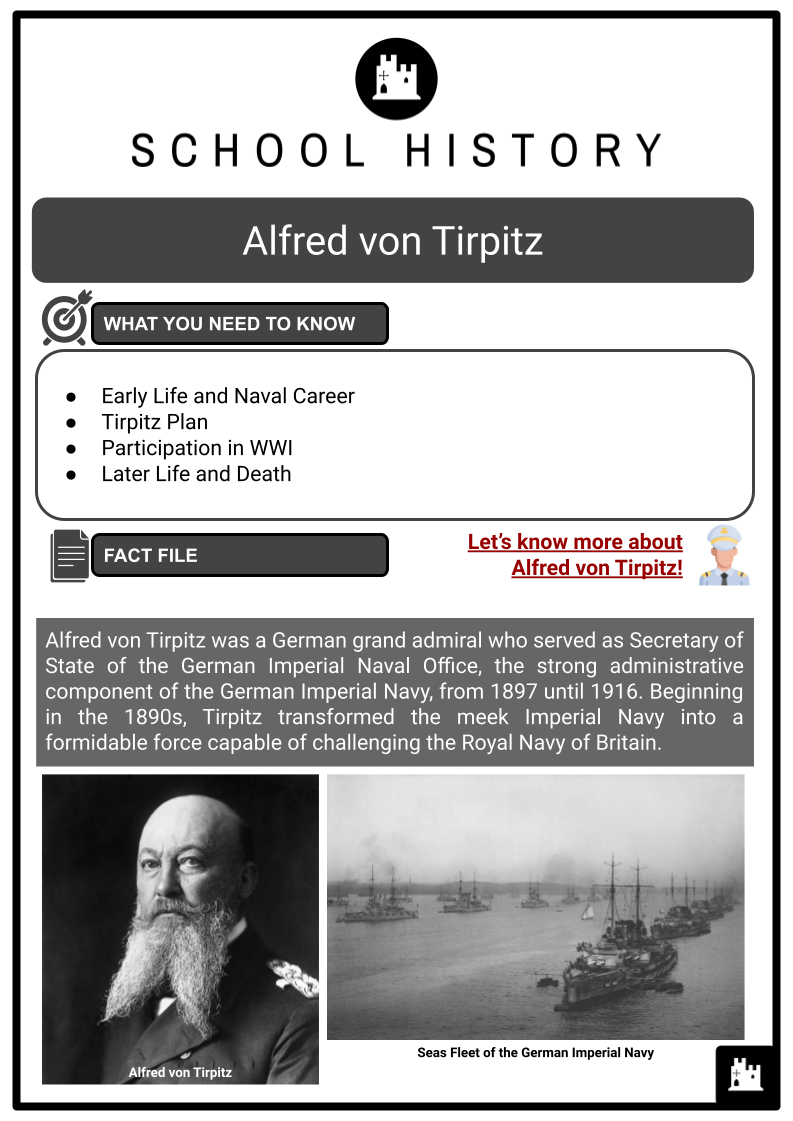
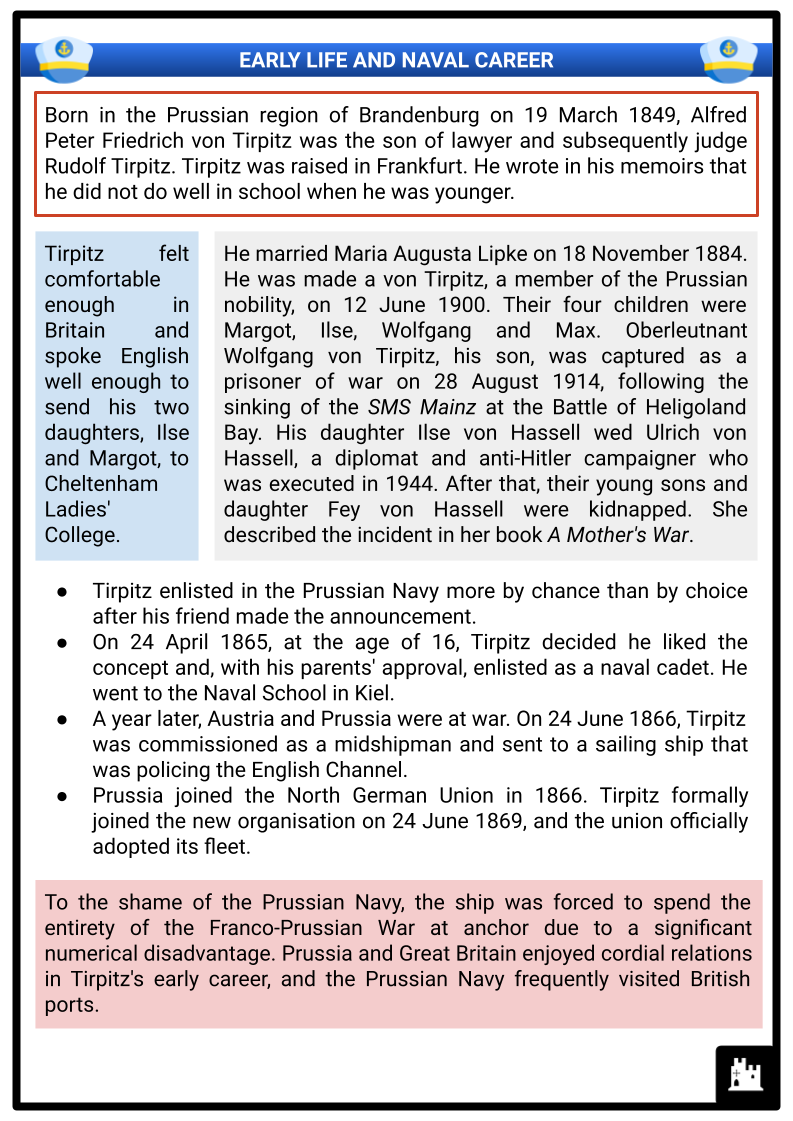
Student Activities



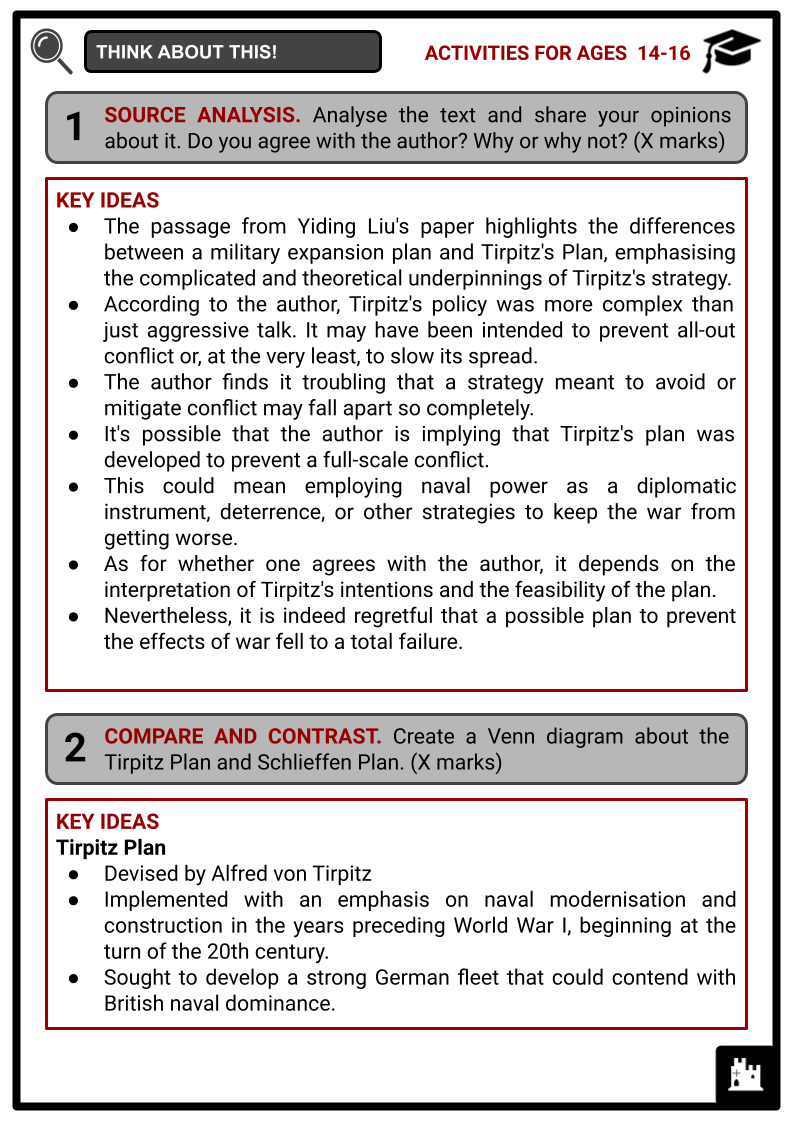
Summary
- Early Life and Naval Career
- Tirpitz Plan
- Participation in WWI
- Later Life and Death
Key Facts And Information
Let’s know more about Alfred von Tirpitz!
Alfred von Tirpitz was a German grand admiral who served as Secretary of State of the German Imperial Naval Office, the strong administrative component of the German Imperial Navy, from 1897 until 1916. Beginning in the 1890s, Tirpitz transformed the meek Imperial Navy into a formidable force capable of challenging the Royal Navy of Britain.
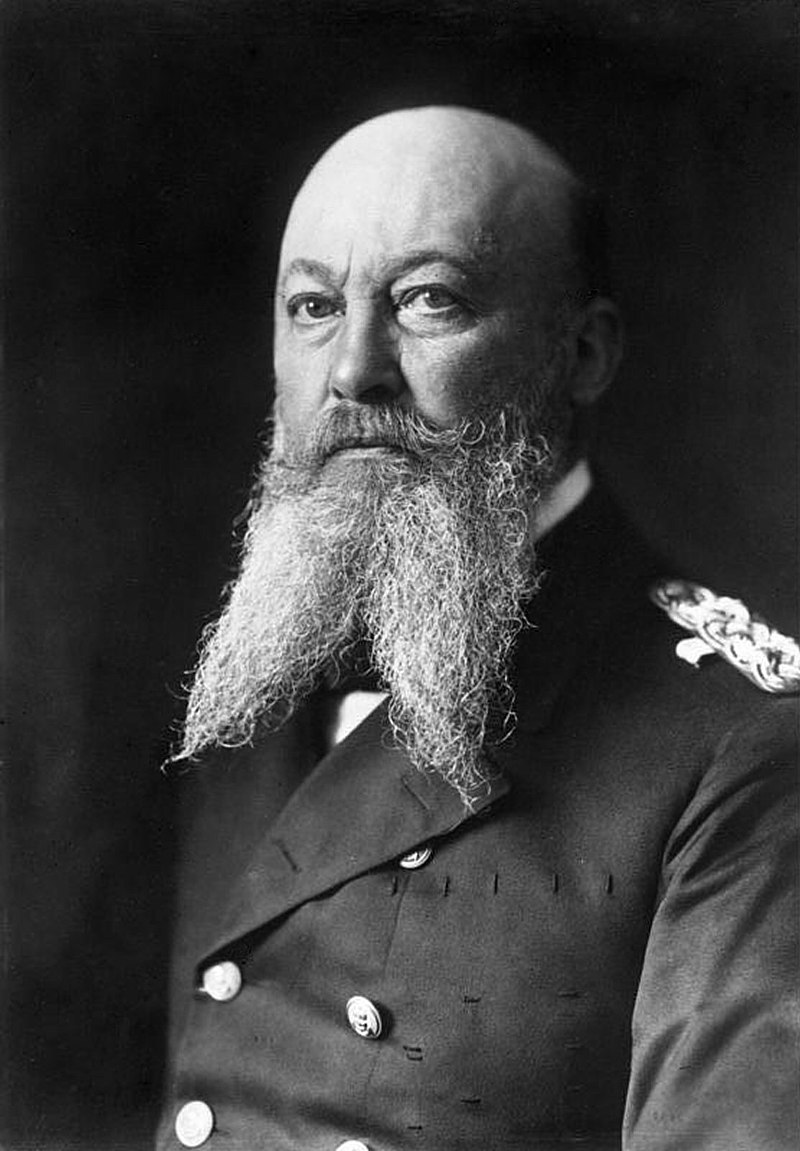
EARLY LIFE AND NAVAL CAREER
- Born in the Prussian region of Brandenburg on 19 March 1849, Alfred Peter Friedrich von Tirpitz was the son of lawyer and subsequently judge Rudolf Tirpitz. Tirpitz was raised in Frankfurt. He wrote in his memoirs that he did not do well in school when he was younger.
- Tirpitz felt comfortable enough in Britain and spoke English well enough to send his two daughters, Ilse and Margot, to Cheltenham Ladies' College.
- He married Maria Augusta Lipke on 18 November 1884. He was made a von Tirpitz, a member of the Prussian nobility, on 12 June 1900. Their four children were Margot, Ilse, Wolfgang and Max. Oberleutnant Wolfgang von Tirpitz, his son, was captured as a prisoner of war on 28 August 1914, following the sinking of the SMS Mainz at the Battle of Heligoland Bay. His daughter Ilse von Hassell wed Ulrich von Hassell, a diplomat and anti-Hitler campaigner who was executed in 1944. After that, their young sons and daughter Fey von Hassell were kidnapped. She described the incident in her book A Mother's War.
- Tirpitz enlisted in the Prussian Navy more by chance than by choice after his friend made the announcement.
- On 24 April 1865, at the age of 16, Tirpitz decided he liked the concept and, with his parents' approval, enlisted as a naval cadet. He went to the Naval School in Kiel.
- A year later, Austria and Prussia were at war. On 24 June 1866, Tirpitz was commissioned as a midshipman and sent to a sailing ship that was policing the English Channel.
- Prussia joined the North German Union in 1866. Tirpitz formally joined the new organisation on 24 June 1869, and the union officially adopted its fleet.
- To the shame of the Prussian Navy, the ship was forced to spend the entirety of the Franco-Prussian War at anchor due to a significant numerical disadvantage. Prussia and Great Britain enjoyed cordial relations in Tirpitz's early career, and the Prussian Navy frequently visited British ports.
- According to Tirpitz, Plymouth was friendlier to German sailors than Kiel and offered simpler access to higher-quality supplies and equipment than could be found at home. At this time, Prussian commanders had a great deal of regard for their British counterparts, and the British Royal Navy was happy to help Prussia in its progress.
- Throughout the late 19th and early 20th centuries, Alfred von Tirpitz was a key figure in the growth of the German Imperial Navy.
- After being engaged in the invention of torpedoes, Tirpitz took charge of the Torpedo Inspectorate and oversaw the construction of torpedo boats.
- He suggested strategies for attacking Cherbourg-en-Cotentin, the French port, demonstrating his implicit knowledge.
- Due to his enthusiasm for naval advancement, Tirpitz supported battleships, which went against the belief of then-Navy State Secretary Leo von Caprivi, who preferred a defensive fleet.
- Tirpitz was sent to Berlin to concentrate on a high-seas fleet plan as a result of this dispute.
- When Tirpitz was appointed head of the naval staff in 1892, his ideas for a potent battleship fleet encountered opposition. He was so frustrated that he sought to be replaced, only to be told that he had to provide proposals for naval construction instead. As a result, a proposal was submitted in 1896, just as tensions were rising in Southern Africa.
- Tirpitz was finally named State Secretary of the Imperial Navy Office, despite early financial difficulties.
- His 1898 plan emphasised the necessity for battleships to fight the anticipated threat from Great Britain.
- Tirpitz organised a massive campaign that included media attention, lobbying, and the establishment of the Navy League to garner support for the first Naval Bill, which was eventually enacted in 1898.
- Tirpitz successfully pushed for the Second Naval Bill, which doubled the number of battleships to combat alleged threats and preserve German naval dominance, a year later. Britain became concerned about this growth, which prompted it to review its naval strategy and look for partners to counter the German threat. In 1906, 1908 and 1912, three further naval laws were introduced in response to crises and obstacles in diplomacy.
- The risk hypothesis, which was the basis of Tirpitz's naval strategy, claimed that significant damage could be inflicted by even a smaller German fleet, therefore discouraging a bigger adversary. This method influenced German naval strategy and fuelled the naval armaments race that preceded World War I.
TIRPITZ PLAN
- The Tirpitz Plan was his blueprint for using naval strength to become a global power while simultaneously attending to internal matters. The Tirpitz Plan's political legacy was established by the 1898, 1900, 1908 and 1912 Fleet Acts. They endowed Germany with the second-largest naval force in history by 1914.
- Along with more than 40 submarines, it contained 17 contemporary dreadnoughts, 5 battlecruisers, 25 cruisers and 20 pre-dreadnought battleships. Despite having some partially unrealistic goals, the expansion effort was enough to frighten the British, sparking an expensive naval weapons competition and forcing them to forge stronger connections with the French.
- Tirpitz created a 'risk theory' according to which the British would attempt to avoid conflict with Germany if the German Imperial Navy surpassed a particular strength in comparison to the Royal Navy of Britain. The British may potentially lose their naval supremacy if the German Navy engaged in combat and dealt enough damage to them.
- Tirpitz believed that, rather than losing the empire at the expense of keeping Germany weaker, the British would choose to preserve naval superiority to protect their empire and allow Germany to grow into a global force. This was because the British relied on their navy to retain control over the British Empire. The German and British Empires engaged in a naval weapons race during the first ten years of the 1900s as a result of this notion.
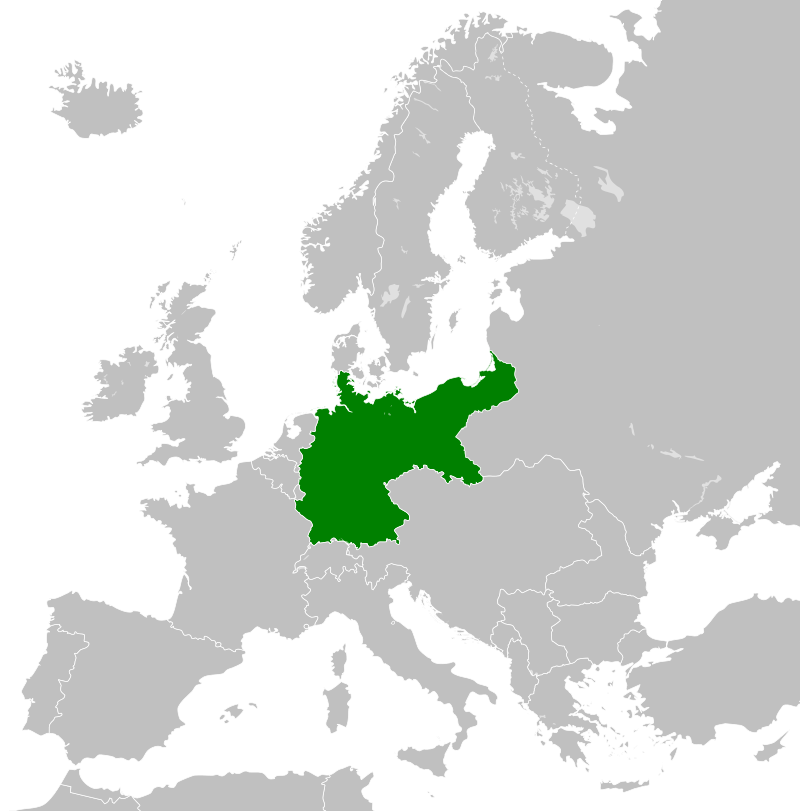
- The claim was predicated on the idea that, for the German Navy to provoke a fight, Britain would need to send its fleet into the North Sea by blocking the German ports (as this was the only way the Royal Navy could severely threaten Germany). Germany's geographic location, however, allowed Britain to isolate the country by sealing the English Channel, which leads into the North Sea, and the region between Bergen and the Shetland Islands.
- The risk doctrine of Alfred von Tirpitz, which sought to dissuade possible enemies with a more powerful but smaller German navy, eventually proved to be ineffective. Britain was forced to implement the strategy's exceptional steps, including re-organising its naval forces and creating alliances.
- The Anglo-Japanese treaty of 1902 permitted Britain to move its warships from the China squadron back to Europe, allowing Japan, with a fleet made in British shipyards, to bring down the Russian Navy in 1904–05. Russia was no longer a maritime menace as a result, and Britain was able to decrease its Mediterranean Fleet and forge diplomatic ties with France, a longtime enemy.
- By putting Britain in the company of Germany's enemies, Tirpitz's policies unintentionally moved Britain away from becoming a possible opponent. In 1911, Tirpitz became Grand Admiral, but he had no official patent. Despite his early achievements, his risk theory contributed to isolating Germany and putting it against the formidable British Navy in any future battles.
PARTICIPATION IN WWI
- Even though Alfred von Tirpitz oversaw a massive programme of naval construction, he thought that Germany had entered World War I too soon to successfully mount a surface threat against the powerful Royal Navy. The German Navy had a 17-year plan for growth, as stated in the Fleet Act of 1900, and Tirpitz could not directly affect naval operations from his administrative post.
- Tirpitz became an advocate for unrestricted U-boat warfare in reaction to the British blockade, seeing it as a way to free Germany's naval lines of communication from the British grip. In 1915, the German Navy momentarily did away with prize restrictions. However, this decision was quickly revoked as a result of worldwide criticism, especially when the passenger liner Lusitania was sunk.
- Disappointed with the restrictions placed on the submarine war, Tirpitz argued with the Kaiser and finally tendered his resignation on 15 March 1916. With his departure, he handed over the position of Secretary of State of the Imperial Naval Office to Eduard von Capelle. The arguments that Tirpitz had with the Kaiser revealed a deeper strategic divide and sparked concerns about Germany's naval strategy. Although Tirpitz had advocated for unrestricted U-boat warfare, under his leadership he had placed little emphasis on submarine construction, which resulted in a scarcity of newly built U-boats by 1917.
- The difficulties and intricacies of Tirpitz's plan were brought to light by the naval advancements made during World War I. Though Hitler planned a formidable German fleet, Germany's naval tactics were modified by the conditions of the war and the responses received elsewhere. The story of Germany's naval endeavours and the international fallout from unrestricted submarine warfare eventually intermingled with Tirpitz's legacy. His departure signalled a sea change in German naval strategy during the war and the difficulties naval commanders encountered in responding to changing geopolitical environments.
LATER LIFE AND DEATH
- Grand Admiral Tirpitz joined the nationalist and pan-German Fatherland Party as one of its co-founders in September 1917. The party drew together those who opposed negotiated peace and organised resistance to the Reichstag's legislative majority's push for peace talks. It aimed to achieve something that had never been done before: bring together all right-wing political groups outside of parliament. The party had about 1,250,000 members in the summer of 1918 when it was at its height.
- It advocated General Erich Ludendorff and Generalfeldmarschall Paul von Hindenburg as 'people's emperors' of a military state, the legitimacy of which rested not in the legislative government of the Reich but rather in war and war objectives. There were internal demands for a coup d'etat against the German government, with Hindenburg and Ludendorff leading the charge, maybe even against the Kaiser. Tirpitz believed that the instruments for a coup were at hand because of his experiences with the Navy League and with widespread political agitation.
- Tirpitz believed that for Germany to become a global power, taking over additional land in the West had to be one of the primary goals of the war.
- This entailed keeping control of the Belgian ports of Ostend and Zeebrugge while keeping an eye on the major adversary, the United Kingdom. To grant Russia access to the ocean, he suggested a second peace pact.
- Although Germany would be a fantastic continental nation, it could only stay in that position by boosting global commerce and pursuing its conflict with the United Kingdom.
- Tirpitz backed the right-wing German National People's Party (Deutschnationale Volkspartei, or DNVP) following Germany's loss and served as a member of the party in the Reichstag from 1924 to 1928.
- In Ebenhausen, close to Munich, Tirpitz died on 6 March 1930. His final resting place is Munich's Waldfriedhof.
Frequently Asked Questions
- Who was Alfred von Tirpitz?
Alfred von Tirpitz was a prominent German naval officer and statesman. He is best known for his role as the Secretary of State of the Imperial German Navy, where he played a pivotal role in shaping Germany's naval policies and strategies.
- What were Alfred von Tirpitz's contributions to the German Navy?
Tirpitz is credited with modernising the German Navy and transforming it into a formidable force capable of challenging British naval dominance. He implemented the Fleet Acts.
- What was Tirpitz's relationship with Kaiser Wilhelm II?
Tirpitz enjoyed the support of Kaiser Wilhelm II, who shared his ambitions for a powerful German Navy. However, Tirpitz's influence waned in the later years of his career due to political pressure and disagreements with other high-ranking officials.
